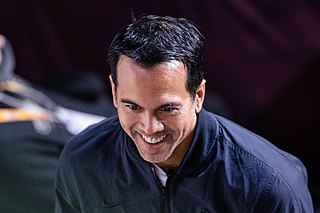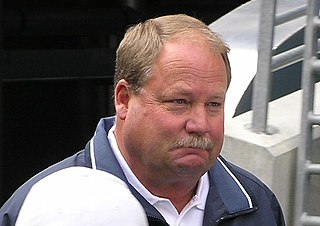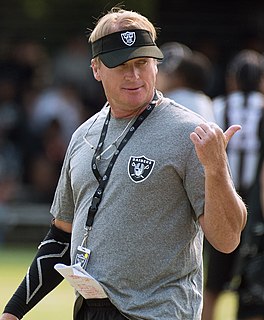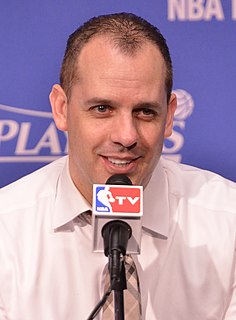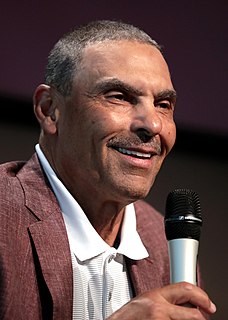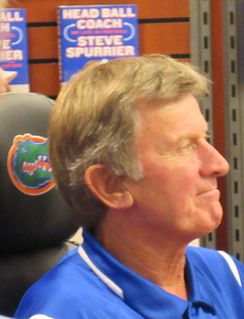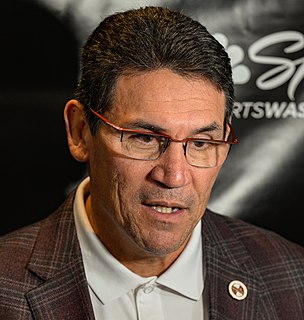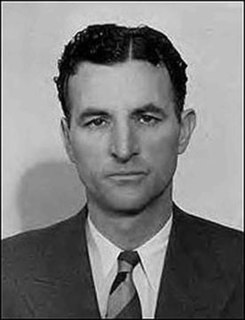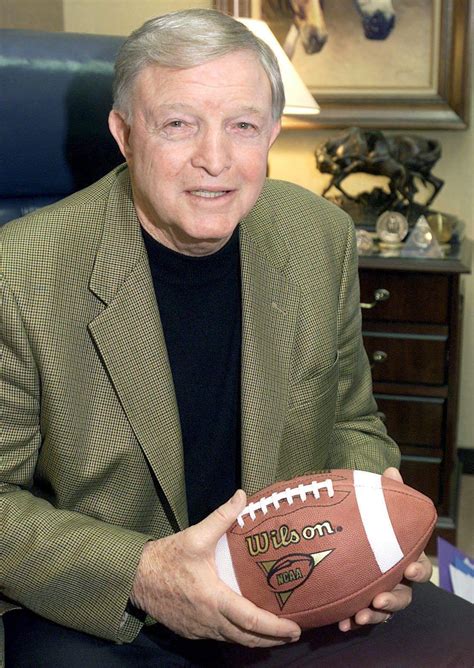A Quote by Erik Spoelstra
It's really a shame for the coaching profession that it's so volatile.
Quote Topics
Related Quotes
When I got fired from coaching, I started coaching high school because my son played. I realized real quick that high school football is in trouble. There's no budget. A lot of kids have got to pay to play, and every year, coaches are getting out of the profession. Kids aren't playing like they used to. It bothers me.
This is a very stressful profession. Not just coaching, but head coaching at this level with all of the variables that you have on your mind 24/7, it does take a toll on your health and you have to be very cognizant about what's going on with your body and listen to your body and make sure that you take care of your body.
Shame has its place. Shame is what you do to a kid to stop them running on the road. And then you take the shame away, and immediately, they're back in the fold. You should never soak anybody in shame. It's the prolonged existence of shame that then flips out into destructive rage. We can't exist in that. It's like treacle.
The coaching profession has lost one of its true legends. Though he was best known for winning more football games than any other coach when he retired, Eddie Robinson's impact on coaching and the game of football went far beyond wins and losses. He brought a small school in northern Louisiana from obscurity to nationwide, if not worldwide, acclaim and touched the lives of hundreds and hundreds of young men in his 57 years at Grambling. That will be his greatest legacy.
